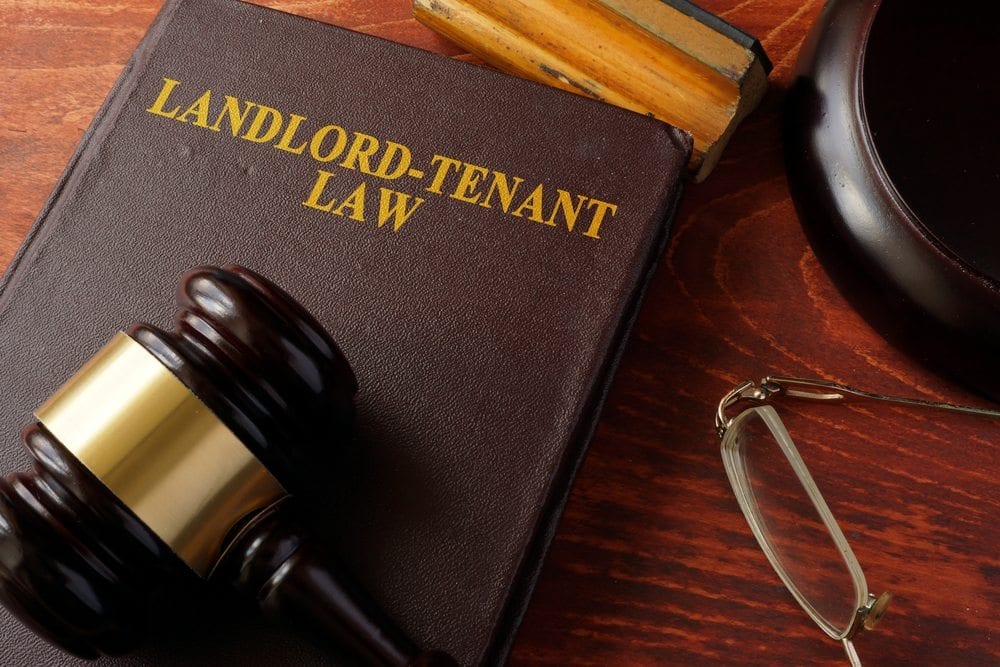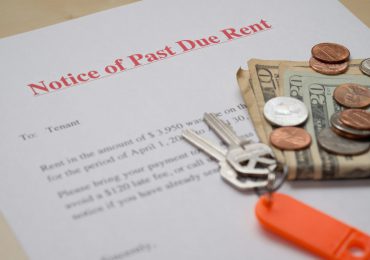Handling a Tenant Who is in Default on Rent Payment
Unfortunately, dealing with problematic renters is a common problem for landlords to handle. While this does create a difficult situation for you to handle, the good news is that there are some steps you can take to recover your loss and protect your investment.
Use the Law to Your Advantage

Before you move to evict a tenant, it is essential to first ensure the tenant is actually in default. A tenant may be considered to be in default for any of these reasons:
- Non-payment of rent or other payments as described in the lease
- Breach of the alienation covenant
- Breach of the repair covenant
- Breach of permitted use
- Unauthorized alterations
- An act of insolvency
Explore the Possibility of Prejudgment Possession

Considering Informal Resolution
Even after formal eviction proceedings have begun, you have the option to pursue an informal resolution. Formal eviction proceedings can be expensive and time consuming, which means an informal resolution can be the more attractive option. With an informal resolution, you and the tenant decide together when they will move out so a new tenant can move in.
Handling the Tenant’s Belongings
In some cases, landlords are required to store a tenant’s property for a period of time after the eviction has occurred. This is an important factor to consider when moving forward with an eviction, as the storing process can become quite costly. Similarly, if you simply choose to enter the property and remove the property or forcefully evict the tenant, you can be found liable for trespass. This is true even if the tenant is under default and would be subject to eviction.

